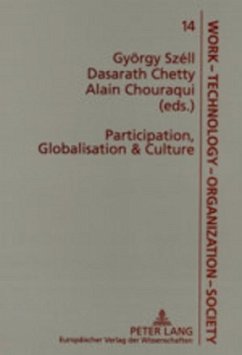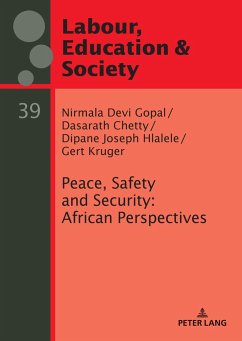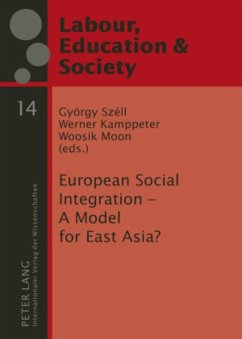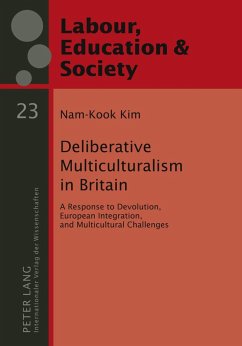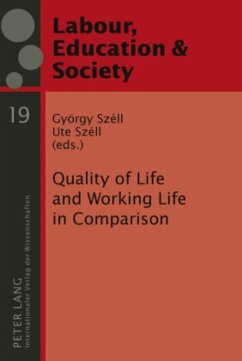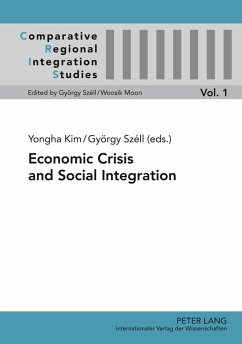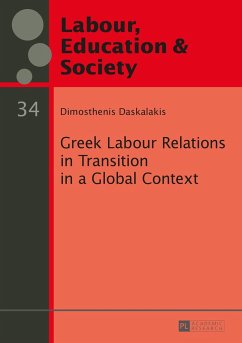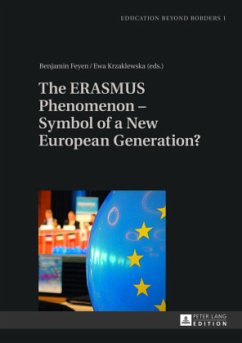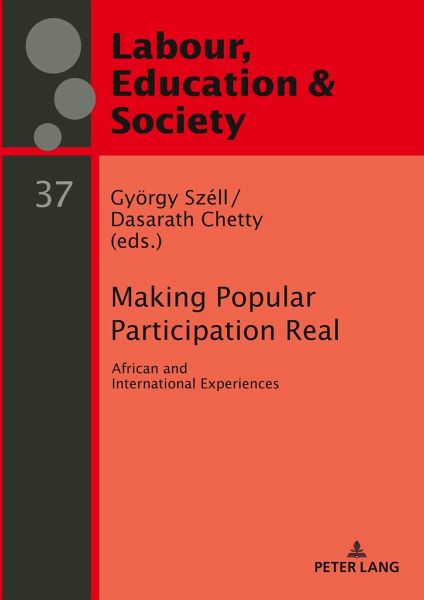
Making Popular Participation Real
African and International Experiences
Herausgegeben: Széll, György; Chetty, Dasarath
Versandkostenfrei!
Versandfertig in 6-10 Tagen
66,00 €
inkl. MwSt.

PAYBACK Punkte
0 °P sammeln!
The onset of democracy in South Africa provided South Africans with the opportunity to build a truly democratic, non-racial, non-sexist society in which there would be opportunity for all to make material, social and intellectual progress. This vision was enshrined in a Constitution intent on deepening democracy by treating people with dignity and ensuring that democratic participation was not restricted to a trip to the voting booth once every five years. To give democracy real meaning, the Constitution declared that municipalities, in particular, must facilitate public participation for true...
The onset of democracy in South Africa provided South Africans with the opportunity to build a truly democratic, non-racial, non-sexist society in which there would be opportunity for all to make material, social and intellectual progress. This vision was enshrined in a Constitution intent on deepening democracy by treating people with dignity and ensuring that democratic participation was not restricted to a trip to the voting booth once every five years. To give democracy real meaning, the Constitution declared that municipalities, in particular, must facilitate public participation for true legitimacy in its development endeavours. Various mechanisms have been put in place to achieve this objective, but the process has not been without its impediments and difficulties. This book reviews the context, approaches and challenges to the public participation process using international comparisons.





